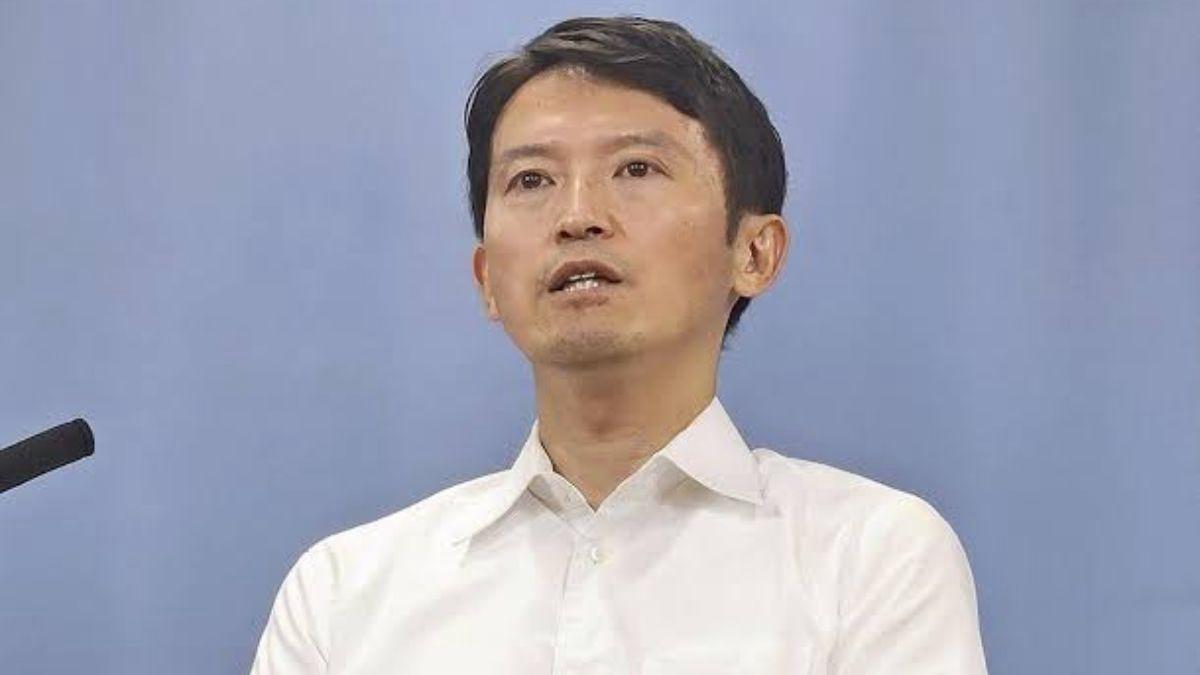In a recent scrutiny of Hyogo Prefecture Governor Motohiko Saito’s handling of a whistleblower case, experts have voiced strong criticisms, arguing that the disciplinary measures imposed were unjust and contrary to legal protections. The controversy revolves around a whistleblower, formerly the head of the Nishi-Harima Prefectural Government Bureau, who raised concerns about alleged misconduct within the prefectural administration.
On September 5, the Prefectural Assembly’s Special Investigative Committee, colloquially known as the 100 Articles Committee, convened to review the situation. At the heart of the discussion was whether Governor Saito’s decision to dismiss the whistleblower and impose a three-month suspension was appropriate. This action came after the governor dismissed the whistleblower’s claims as unfounded. The committee included a former Asahi Shimbun reporter and a professor from Sophia University, both noted for their expertise in the Whistleblower Protection Act.
The experts criticized the governor’s response, asserting that disciplinary action against the whistleblower undermines legal protections designed to encourage the reporting of misconduct. According to the experts, the punishment appears to be influenced by external legal counsel rather than an objective evaluation of the whistleblower’s claims. They argued that any credible information, regardless of its source, should be considered a legitimate basis for investigation.
Further scrutiny revealed that the governor should have recognized the whistleblower’s status as a public interest informant. The failure to protect the whistleblower, coupled with subsequent disciplinary actions, suggests a potential infringement on legal safeguards intended to shield individuals who report wrongdoing.
Additionally, the prefecture’s move to cite non-whistleblowing-related offenses, such as personal use of a computer, as grounds for punishment was deemed problematic. Experts contended that such actions, particularly when linked to the original whistleblowing, are inappropriate and contravene societal norms and legal expectations.
In summary, the expert analysis underscores a troubling disconnect between the governor’s disciplinary actions and the protections afforded under the Whistleblower Protection Act. This case highlights the need for adherence to legal frameworks designed to protect individuals who expose public sector misconduct.

